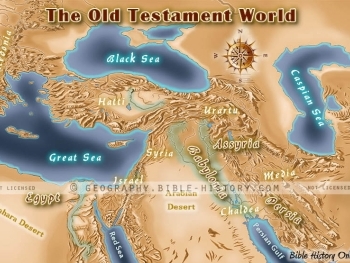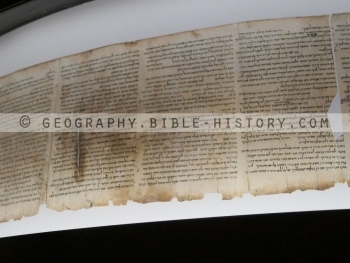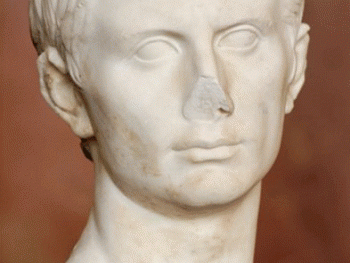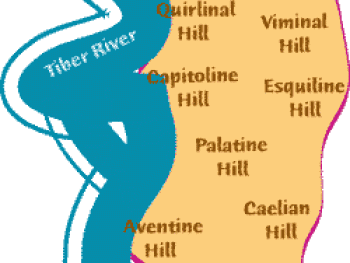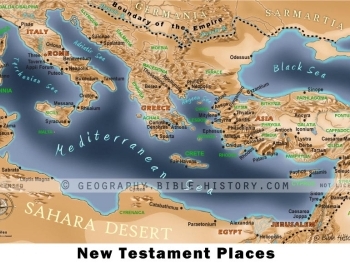The Wilderness of Judea, mentioned in the Bible, refers to a geographical region located east of Jerusalem and extending toward the Dead Sea. It is characterized by its rugged terrain, barren landscapes, and limited vegetation, making it a challenging and desolate area.
In the Old Testament, the Wilderness of Judea is mentioned in several passages, including Joshua 15:61-62, where it is described as part of the inheritance of the tribe of Judah. It served as a boundary between the tribal territories of Judah and Benjamin.
The Wilderness of Judea also holds significant biblical narratives. In the New Testament, it is the location where John the Baptist preached and baptized people, as described in Mark 1:4-5 and Matthew 3:1-6. It is in this wilderness that Jesus was also tempted by Satan for forty days and nights, as mentioned in Matthew 4:1-11 and Luke 4:1-13.
The wilderness is portrayed as a place of solitude, reflection, and spiritual testing in these accounts. Its harsh and isolated environment provided an appropriate backdrop for profound moments of revelation and encounter with God.
The Wilderness of Judea serves as a reminder of the physical and metaphorical journeys undertaken by biblical figures, highlighting their dependence on God's provision and their spiritual transformation in the midst of challenging circumstances.
In summary, the Wilderness of Judea is a region east of Jerusalem and bordering the Dead Sea, known for its rugged and barren landscapes. It holds biblical significance as a place of spiritual testing, solitude, and divine encounters for figures like John the Baptist and Jesus.
